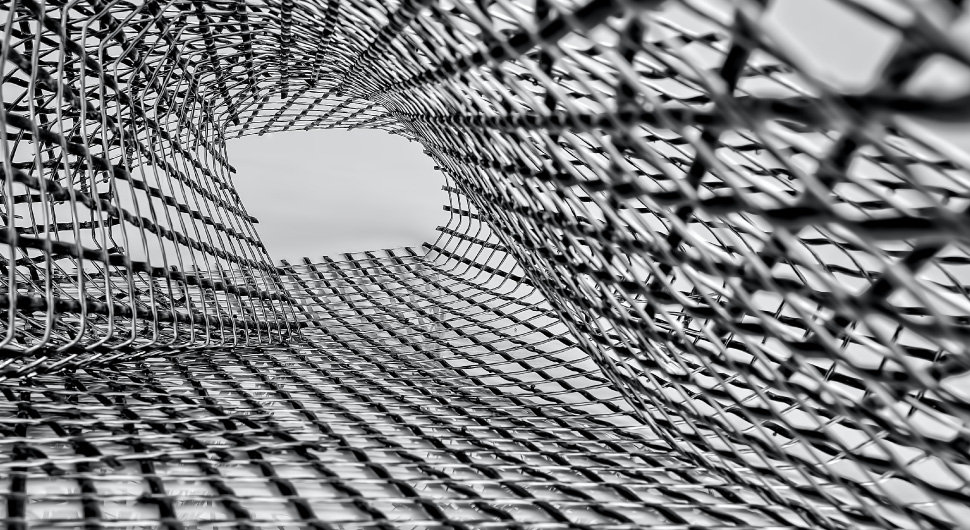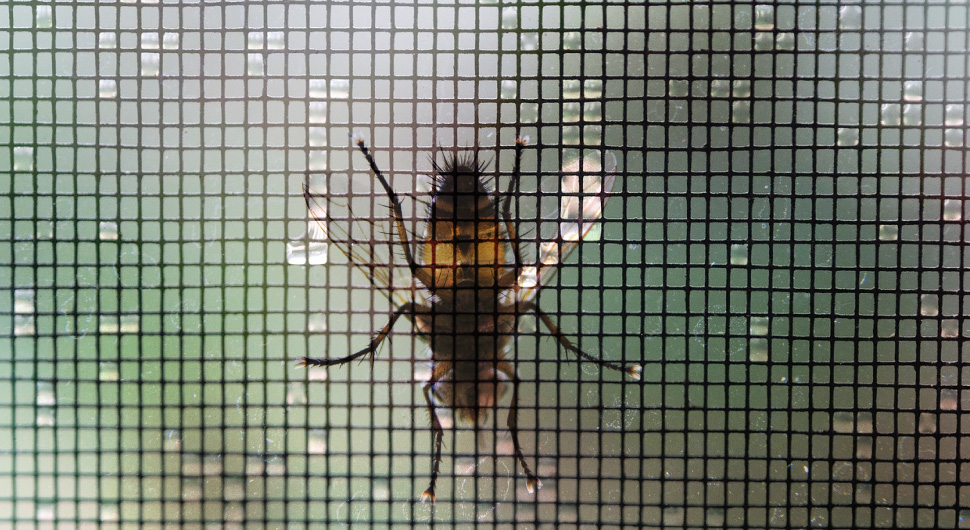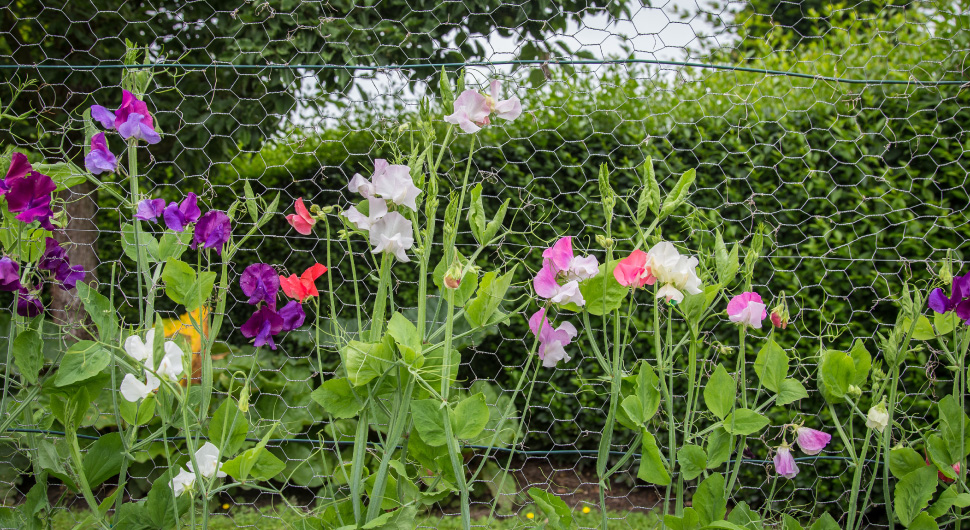Mar . 15, 2024 09:31 Back to list
8 Types of Wire Mesh Panel Applications
Wire mesh panels are incredibly durable, long-lasting, and resistant to various elements, including extreme temperatures and weather conditions. What are they for, though, and how are they used? Read on to find out.
What are Wire Mesh Products Used For?
Exceptional resilience and versatility make metal mesh a go-to for a host of applications in the industrial, agricultural, construction, and DIY residential sectors. The most common uses include pest control, winterization, security, building, on-the-job safety, filtration, horticulture, and decoration.
1. Pest Control
Wire mesh screens, as the name suggests, make excellent pest-control barriers. Depending on the weave, size, and placement, they can be used as insect screens for windows and doors, chicken coop enclosures, and eco-friendly garden fencing to keep curious burrowers and nibblers at bay.
2. Winterization
Stainless steel mesh is also often used to winterize houses and commercial buildings. It works for gutter guards, soffit screens, chimney caps, and foundation vents—all of which help exclude pests while making a structure more fire-safe and energy-efficient.
3. Security
Woven wire cloth is often used for security purposes, whether for improving privacy or creating a physical barrier. For instance, black poly-coated screens can be installed on windows and doors to prevent others from seeing inside. Less flexible metal mesh can be used as fencing or as barricade for workers in dangerous settings.
4. Construction
From office buildings to infrastructure to custom homes, wire mesh plays a critical role in the construction and development industries. Applications include subgrade reinforcement, foundations, concrete placement, masonry, wall framing, infill panels, building facades, and stair treads—to name just a few.
To learn more about how builders use the material, read our blog, Welded Wire Mesh a Concrete Solution for Contractors.
5. On-the-Job Safety
Metal mesh screens offer a practical, affordable solution to occupational safety. The material can be used as building reinforcement, fencing to prevent people from walking off-path, and netting to prevent rock falls during road work and underground mining.
6. Filtration
Stainless steel wire mesh, particularly the galvanized variety, is incredibly durable and resistant to corrosion, rust, extreme temps, and abrasion. As such, it's ideal for various types of filtration.
This includes purifying oils, filtering hydraulic fluid, and separating other liquids and gases. Additionally, finely woven mesh is used to separate small solid particles, such as filtering out contaminants from food and cosmetics, sorting pharmaceuticals, and sieving mined substances.
7. Horticulture
Steel hardware cloth has many uses in the gardening, landscaping, and agriculture sectors. From fencing, pest control, and harvesting machinery to vegetable cages, trellises, and gabions, there's no shortage of applications when it comes to plants, soil, and outdoor accents.
See our blog to discover 5 Creative Ways to Use Chicken Wire in Your Landscaping.
8. Decoration
Metal mesh is just the thing for a broad range of decorative applications, indoors and out. DIYers love using antique brass and bronze flat-wire weaves for cabinetry, light fixtures, firepits, and seasonal outdoor accents.
In addition, the material is perfect for various commercial designs. This includes signage, aesthetic partitions, ceiling canopies, foyer accents, sculptures, gabion benches, and plant walls.
share
-
Premium Garbion Fence Exporter Durable Gabion Solutions & Products
NewsJun.02,2025
-
Metal Chain Door Fly Screens Durable Insect Protection & Ventilation
NewsJun.02,2025
-
Security Fly Screens for Windows Steel, Insect-Proof & Burglar-Resistant
NewsJun.01,2025
-
5 Micron Filter Cartridge 20 Inch - High Capacity & Durable Filtration
NewsJun.01,2025
-
20x20 Air Filters High-Efficiency HVAC & AC System Solutions
NewsMay.31,2025
-
60 Inch Chain Link Fence Heavy-Duty Security & Easy Installation
NewsMay.31,2025










